The Only Expectation
What do I do now? What am I to do with this?
I find myself often looking for answers, measuring productivity, finding reasons for this emotional setback, trying to get to the cause so I can determine the next plan of action.
Often, answers elude me. There isn’t a clear why, and there isn’t a clear next. Or sometimes it can be so heartbreakingly simple that I look right past it.
Why did I fall apart? Because Tucker drew a picture of our family, and Robb wasn’t even in the picture.
What do I do next? I get myself out of bed. A glass of water would be a good idea.
Sometimes I picture myself standing on a tree stump just big enough for my two feet. In my mental image, the stump is surrounded by danger or things I’m afraid of – like I’m in the middle of a pit of snakes or a river of bubbling lava. I’m safe on the tree stump, but a single move in any direction could be my demise.
In my daydream, I stand so still, my arms wrapped around me, holding me together. I don’t look down because it’s too terrifying; I don’t look straight ahead because all I see is more of the same; I only look up. When I look up, even if I have no answers, at least the sky is still blue.
It’s an agonizing place. Paralyzing. Even the daydream stops me in my tracks.
And then I read this. Good, kind Brennan Manning. (I think we may nearly be at the place where I can call him Brennan, as I do with my favorite writers.)
“The basic premise of biblical trust is the conviction that God wants us to grow, to unfold, and to experience fullness of life. However, this kind of trust is acquired only gradually and most often through a series of crises and trials.
Through the indescribable anguish on Mount Moriah with his son Isaac, Abraham learned that the God who had called him to hope against hope was eminently reliable and that the only thing expected of him was unconditional trust. The great old man models the essence of trust in the Hebrew and Christian scriptures: to be convinced of the reliability of God.
The story of salvation-history indicates that without exception trust must be purified in the crucible of trial. David, the most beloved figure of Jewish history, was no stranger to terror, loneliness, failure, and even sinister plots to destroy him; yet he ravished the heart of God with his unwavering trust.
Behold the splendor of the human heart that trusts that it is loved.”
;
~ Brennan, Ruthless Trust
So, maybe it is less a condition of paralysis that keeps me there. Maybe it is unconditional trust. I can be still in the trust that he will deliver me or show me the next place to stand.
When I don’t know how I got here or the cause of this downward spiral or the next step to finding myself again, when I feel stranded on a tree stump in the middle of hot lava,
still the only thing expected of me is unconditional trust.
Behold the splendor of the human heart that trusts that she is loved.


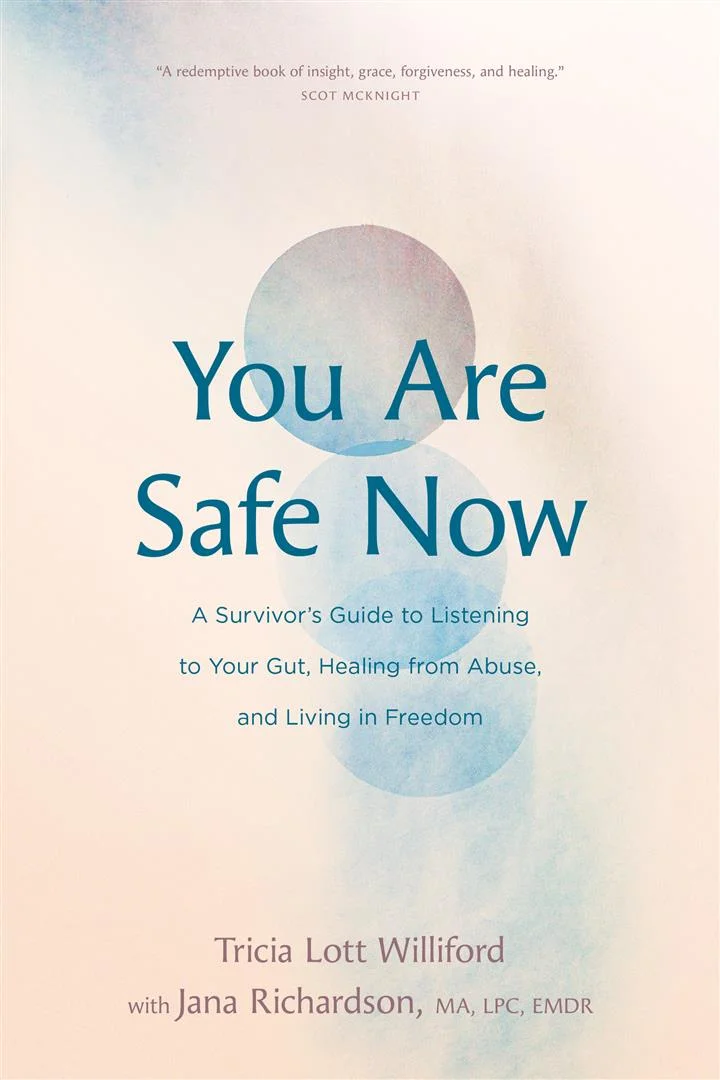
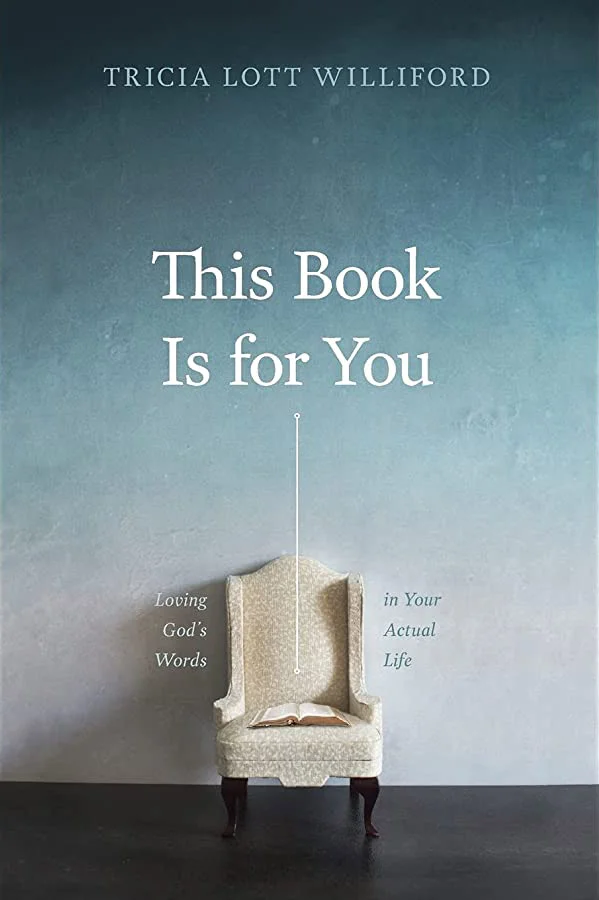
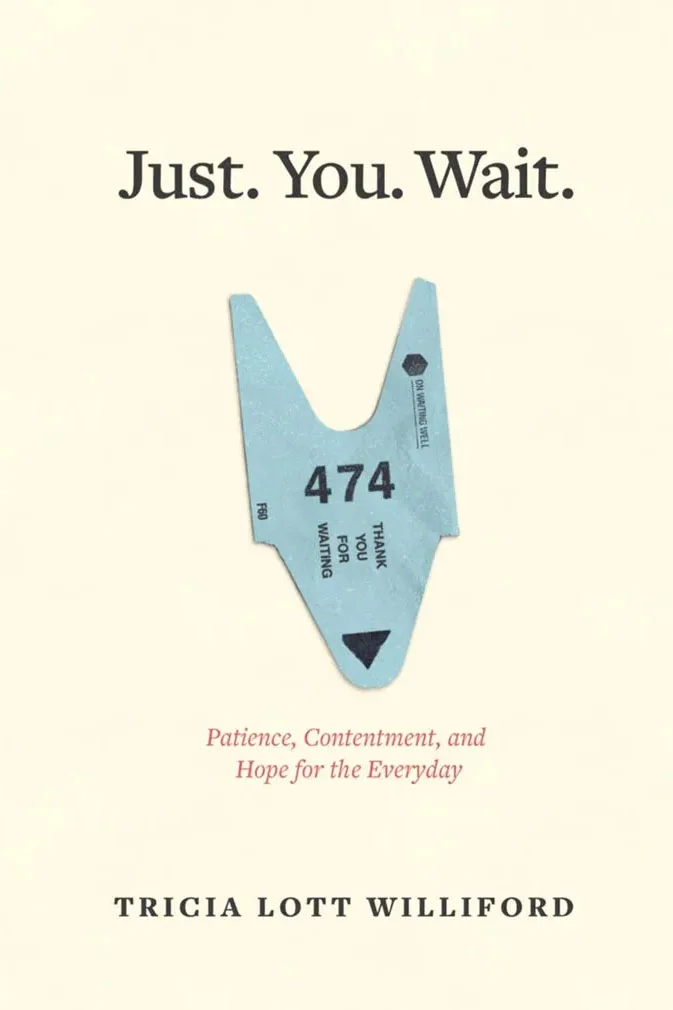

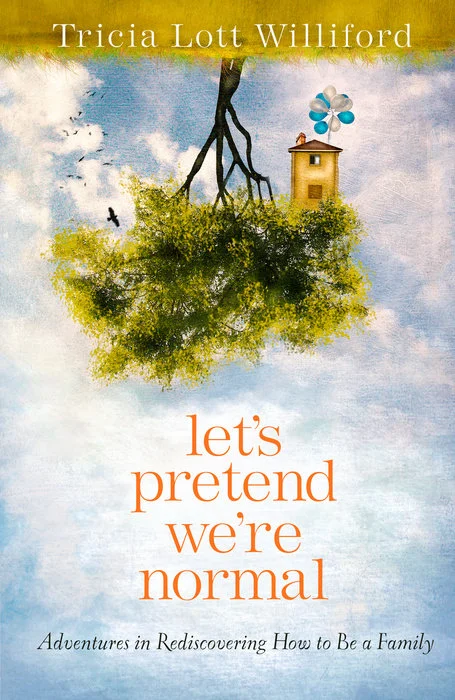
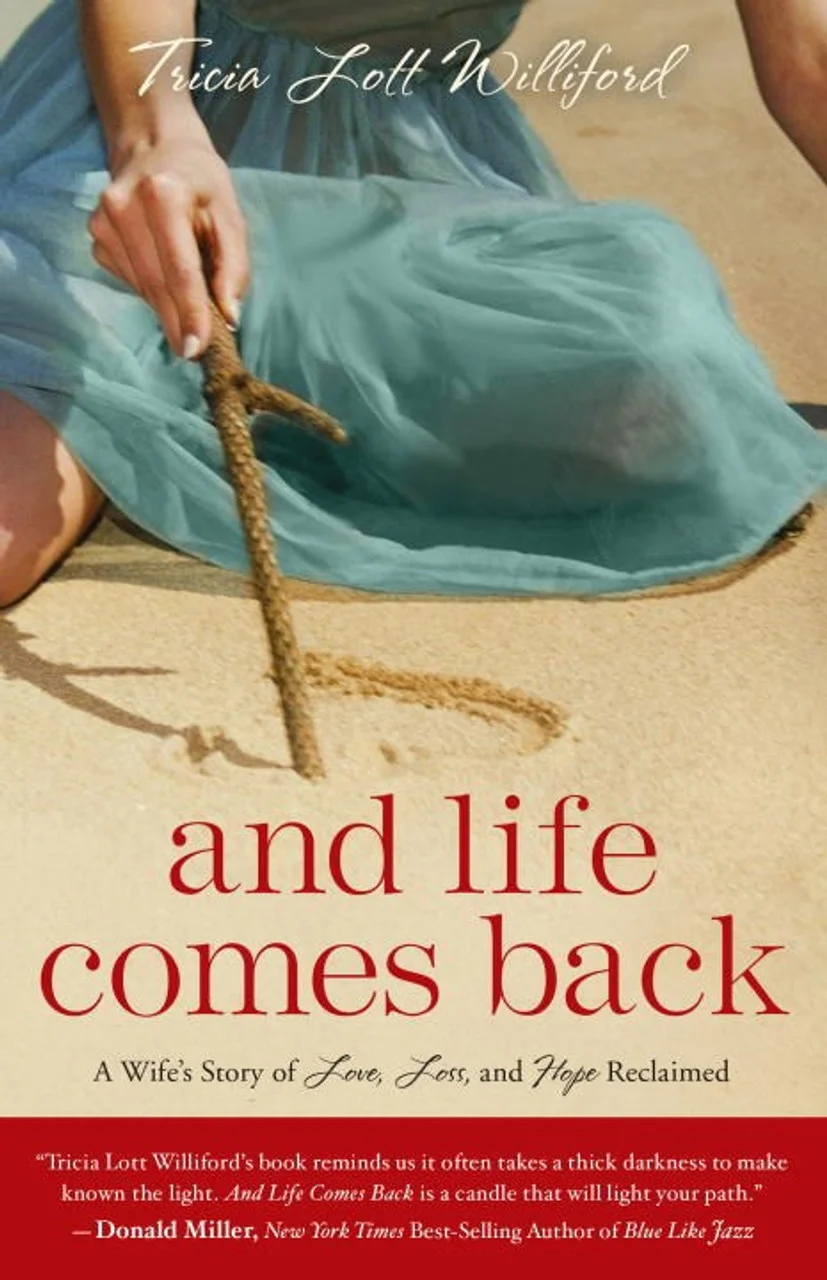

Rosina says:
I needed this reminder, too. Thank you.
Patty Kline says:
Tricia, for a reason today that I can’t write here, I really needed to hear what you wrote. Thank you.